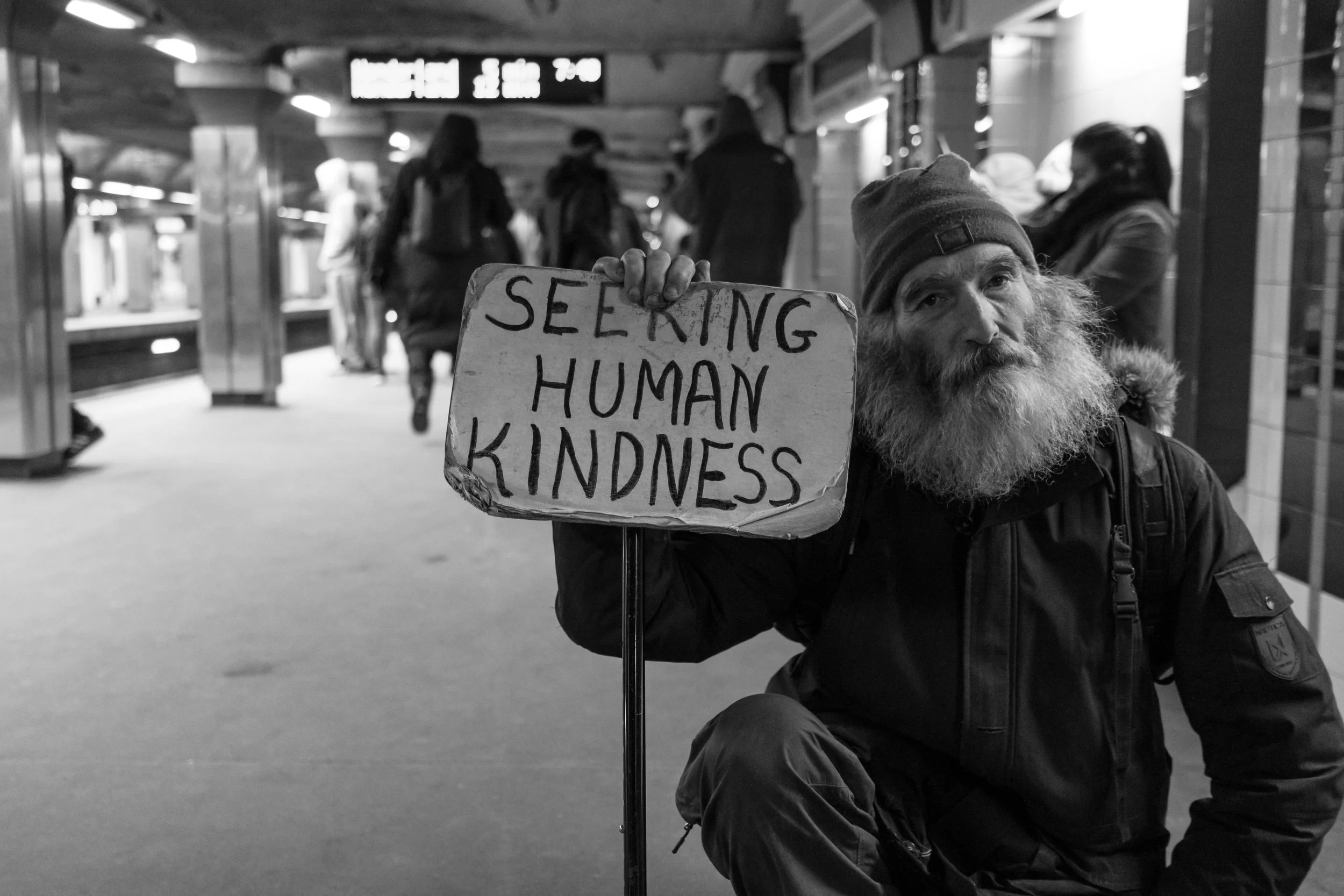Photo by Matt Collamer on Unsplash
The Paradox of Selfishness and Personal Obligation
Selfishness and personal obligation seem to be at odds with each other, yet they are deeply intertwined in our daily lives. On the surface, selfishness carries a negative connotation, often associated with self-centeredness and a lack of concern for others. On the other hand, personal obligation reflects a sense of responsibility and duty towards others. This paradox invites us to explore the nuanced relationship between the two and how they shape our interactions and decisions.
Understanding Selfishness
Selfishness, when manifested in its extreme form, can indeed be detrimental. It can lead to exploitation, disregard for others' well-being, and a narrow focus on one's own desires. I believe many examples of this form are on display everyday across the whole spectrum, from personal encounters, behaviour of our elected leaders and world events. However, a closer examination reveals that a degree of selfishness is inherent in human nature. It is a fundamental aspect of self-preservation and self-care. We all have legitimate needs and desires, and acknowledging and addressing them is essential for our well-being.
The Balance of Personal Obligation
On the opposite end of the spectrum, personal obligation calls for individuals to consider the needs and welfare of others. Whether it's fulfilling familial duties, contributing to the community, or supporting friends in times of need, personal obligation fosters interconnectedness and empathy. It cultivates a sense of shared responsibility and encourages individuals to look beyond their own interests.
Navigating the Intersection
The relationship between selfishness and personal obligation becomes particularly complex when we consider how they intersect in various contexts. In personal relationships, for instance, individuals must balance pursuing their own goals and aspirations with supporting their partners and loved ones. In professional settings, employees need to advance their careers while also collaborating with colleagues and contributing to the organization's success.
Cultivating a Healthy Balance
Striking a balance between selfishness and personal obligation is not a one-size-fits-all endeavor. It requires introspection and a keen awareness of one's motives and the impact of their actions. Cultivating empathy and considering the perspectives of others can temper selfish inclinations, while setting healthy boundaries and prioritizing self-care can prevent the erosion of personal well-being in the pursuit of fulfilling obligations. Individuals using a point of reference, or value proposition, to reflect and assess this balance can be beneficial, I use the phrase “we are all here to walk each other home” to assist.
The Role of Coaching and Mentoring
Coaching and mentoring play a pivotal role in helping individuals navigate the interplay of selfishness and personal obligation. Coaches guide clients in exploring their values and priorities, fostering self-awareness, and developing strategies to achieve their goals while honoring their responsibilities to others. By acknowledging the complexities of human nature, coaches and mentors can assist individuals in aligning their actions with their ideals.
Conclusion
Selfishness and personal obligation are not diametrically opposed; rather, they coexist in intricate ways, influencing our behaviors and decisions. Embracing a balanced approach that acknowledges the validity of self-interest while honoring commitments to others can lead to a more harmonious and fulfilling life. Through introspection, empathy, and guidance from coaches and mentors, individuals can navigate this paradox, harnessing the positive aspects of selfishness while fulfilling their personal obligations to create meaningful and sustainable connections with themselves and others. What is your point of reference
“we are all here to walk each other home” music artist ABC radio (I didn’t get her name)
This article was written with assistance of AI.
